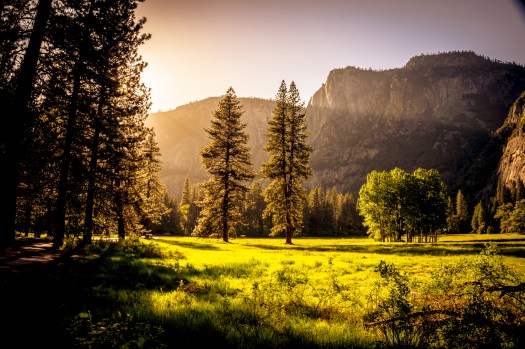When we are born, our religious affiliation is labelled according to that of our parents, at birth. If both parents are from the same religion, then on official papers, we would have been affiliated with our religion smoothly. If both parents are from different religions, then our fate on official papers with regards to our religious affiliation, would depend partly on the laws of the land. In short, our religious affiliation is set upon us at birth and we pretty much have no say on this matter. Simply said, we are born into our religion.

A Hindu, is what I was born as. Having parents who were religious themselves, ensured that I was exposed as much as it was possible to the religion, as a child. I attended religious classes at a temple on Sunday mornings, from as far as I can remember. These classes were held for a duration of between two to three hours. We were taught religious songs that were originally sung by saints who graced this world many centuries ago. We were told stories of the lives of these saints. We were regaled with the various tales that showcased God in all his glory. The teachers took great pain to simplify and explain what the songs and stories meant. At home, my parents would make sure that I prayed daily, singing the songs that I had learned during my classes. Between the religious classes and the guidance from my parents, the concept of God took roots in me.

As a child, I was also exposed to other religions. My old neighbours and family friends were devout Christians. On occasions, they would bring me along to join in their weekly prayer meetings. In fact, I can still remember parts of some of the hymns even today. They come back to me in bits and pieces when I attend services at the church during either a wedding or a funeral. Then there were the neighbours who were Buddhists. As a child, I would go with them, along with my parents, to the nearby Buddhist temple on Wesak Day. There, we would join in the long queues of devotees to offer our prayers to Lord Buddha.

Being a Malaysian, I was also exposed to Islam. In school, I was partly exposed to Islam during the recitation of the “doa” (prayers), during school assemblies. Then there was the exposure from the daily Azan (the Muslim call to prayer) as well as the chanting and prayers that were broadcasted via the speakers from nearby mosques. There were also the broadcasts on the television and radios during the different times of the day when Muslims would pray. Then there were the various programmes on the television and radios that talked about Islam. During my days in the university, I had the opportunity to follow my friends to the Sikh temple on some occasions. Of course, besides offering my prayers, this also came with the added benefit of a delicious and warm meal.

The sum of all this exposure was that the concept of God was reinforced in me. It gave me the advantage of awareness and understanding that, there were more than one concept of God and various paths about how we are to live faithfully, in this world. God has one and many names. God seemed to have taken forms and is formless. God was present everywhere yet nowhere to our naked eye. God spoke in many ways but could not be heard by our ears. God’s presence can be felt in everything and everywhere on Earth yet we struggle to feel the presence of God within us. God seemed to be an amazingly complex omnipresent contradiction or was it just the way I had understood God?
Note: To be continued further in the next installation titled, “God and I – Part 2“.
P.S.: The featured image of this post is sourced from Pexels.










